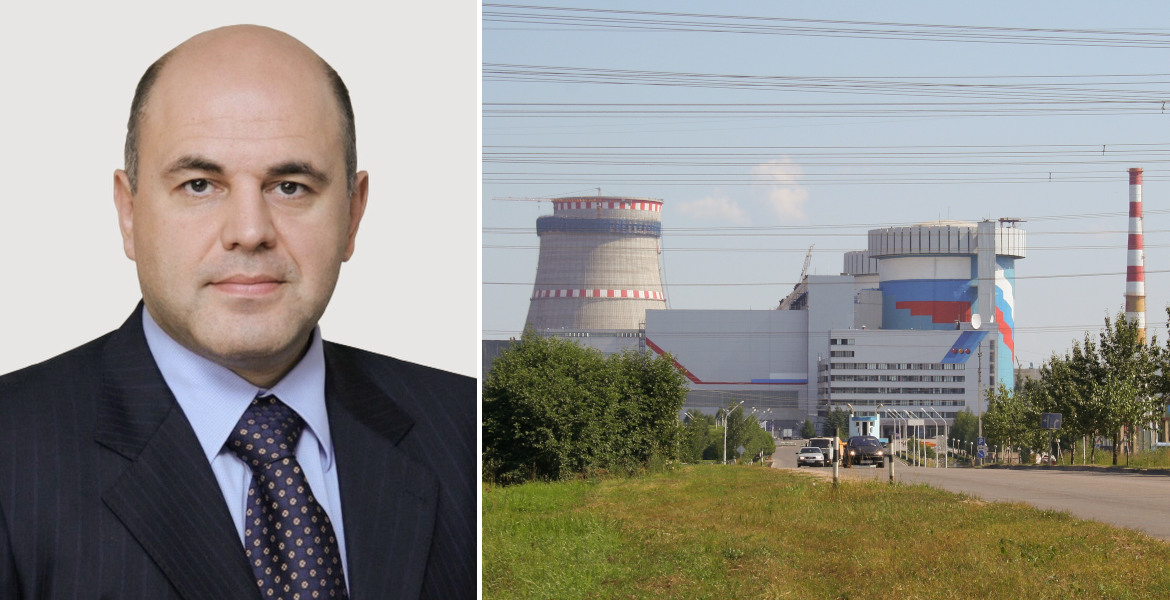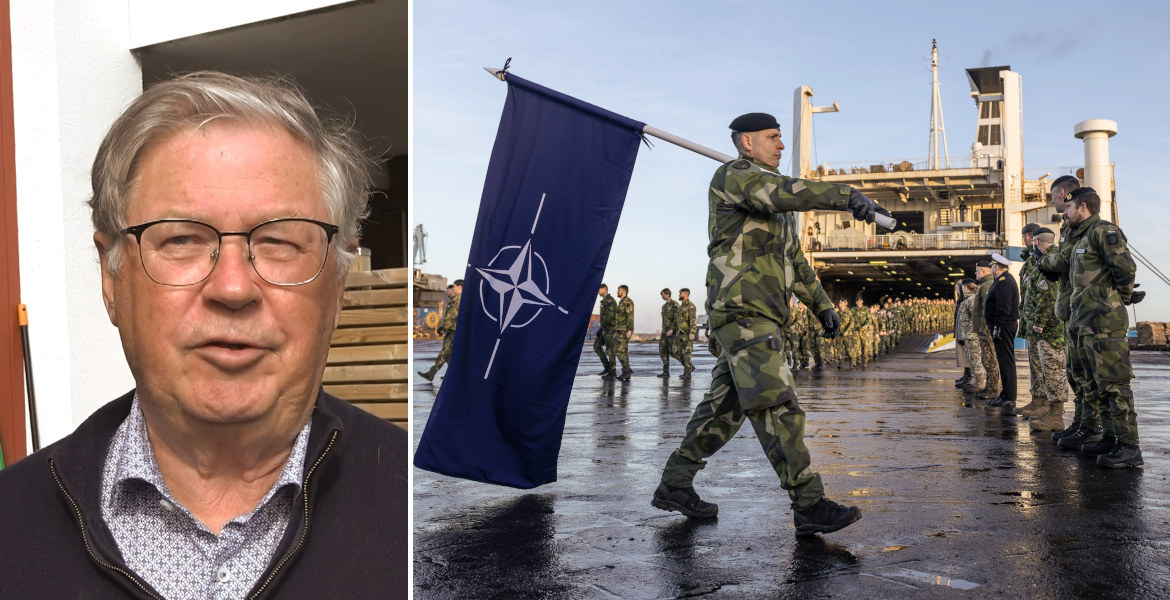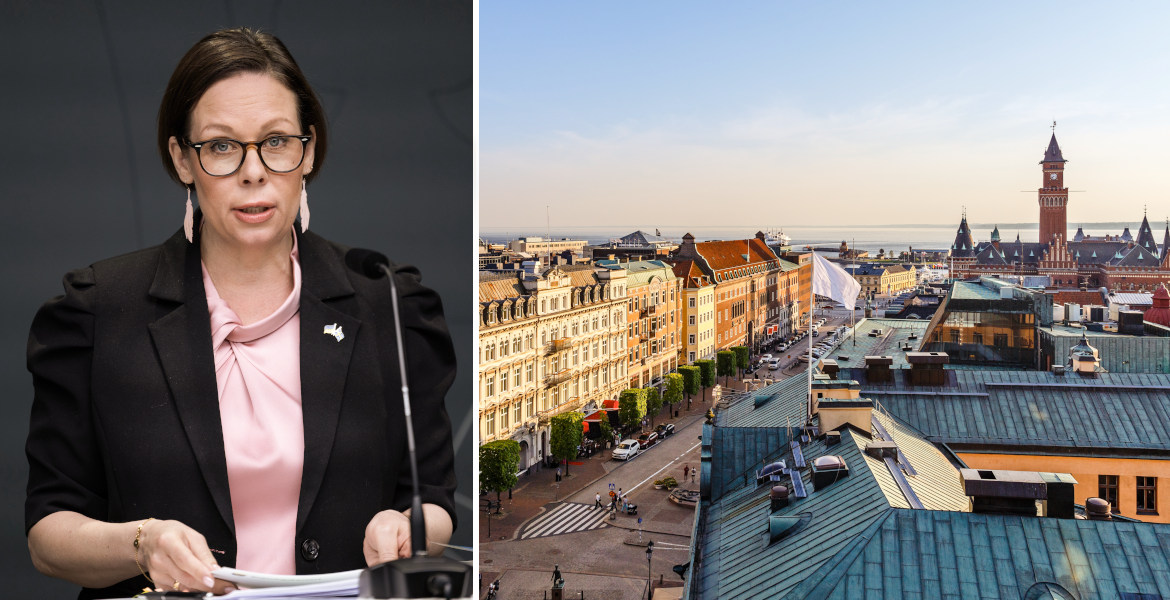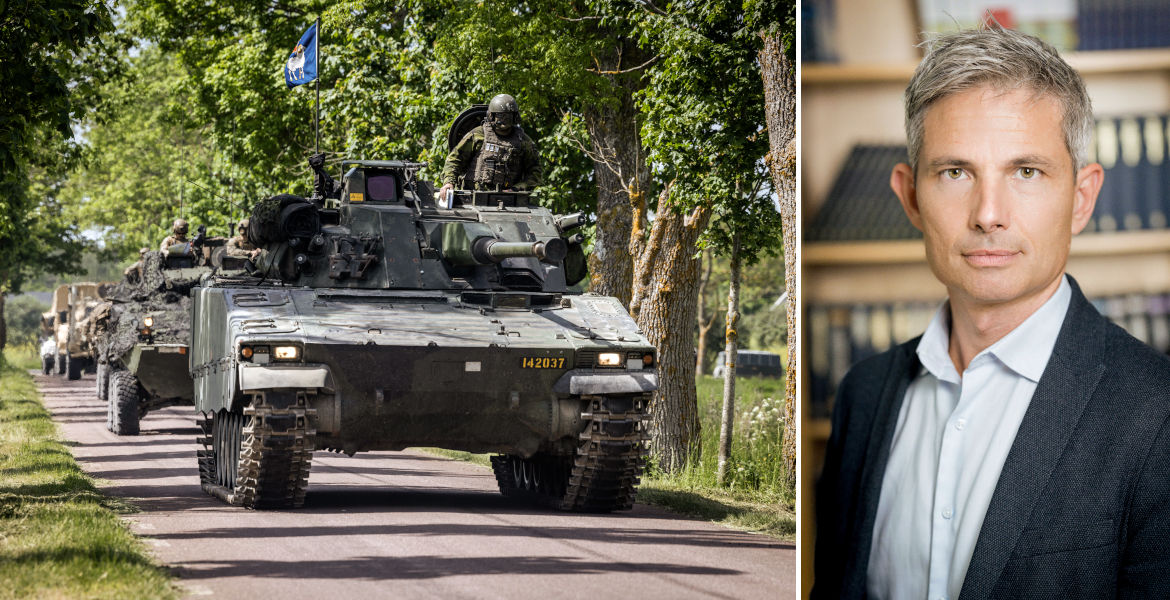From April, Swedish Gripen aircraft will be stationed in Poland and participate in NATO’s airspace surveillance operation – “Enhanced Air Policing”.
– Through Gripen fighter jets, Sweden contributes both to the protection of NATO’s airspace and to the protection of continued supplies of weapons to Ukraine, says Minister for Foreign Affairs Maria Malmer Stenergard (M).
It involves 6 to 8 Gripen aircraft with associated pilots and service personnel that will be based in Poland between April and June, and the government claims that there are “strong security policy reasons for Swedish participation”.
– It is the first time that Swedish fighter jets have participated in airspace surveillance from the territory of another ally. It is also the first time that Swedish fighter aircraft participate abroad in NATO’s enhanced airspace surveillance under NATO’s leadership, says Minister of Defense Pål Jonson (M).
– Supporting Ukraine is the Government’s main foreign policy task. The focus is and remains on strengthening Ukraine through military, political and civilian support. With our participation in the air defense operation, we contribute to protecting the supplies and thus ensure that the support to Ukraine arrives, says Fredrik Malm, second vice chairman of the Liberal Party.
Will identify “anomalous air activity”
The centre-right government also wants the Gripen planes to remain in Poland over the summer to help support and coordinate arms deliveries to Ukraine.
– By contributing to NATO’s overall deterrence and defense, the air force also strengthens Sweden’s security. It is an important development of our capability and another step for the Air Force to become fully integrated into NATO’s air defense, says Jörgen Axelsson, Chief of Operations of the Air Force.
The Swedish Jas 39 Gripen aircraft will be managed by NATO’s Combined Air Operations Center in Uedem, Germany. NATO’s air policing program, which has existed since the 1960s but was greatly expanded in 2014 following the Russian annexation of Crimea, is essentially a “deterrent” against Russia.
“Incident response and airspace surveillance will respond to anomalous air activity in the area of operations. This may involve identifying, meeting and escorting aircraft that do not respond to calls or that move towards the territory of the alliance”, the Swedish Armed Forces write.








